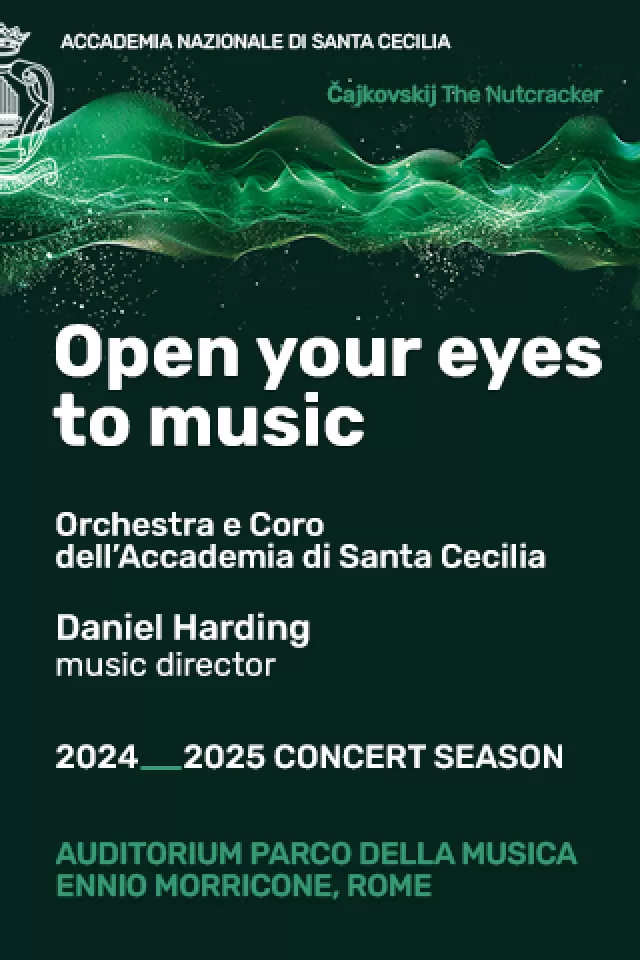The social commentary in the rhymes of Trilussa still rings true in Rome today.
“But he’s famous!” goes a voice outside a bar in Trastevere. A footballer? Politician? Big Brother contestant? Film star?
“Ok, was famous,” the voice concedes, meaning none of the above. Trilussa, or Carlo Salustri, to de-anagrammatise his real name, was a poet, and a dialect poet at that. Albeit the dialect is romanesco – the patois of Caput Mundi, its other great practitioner being Gioachino Belli, who in timeless marble top-hat and tails stands at the beginning of Viale Trastevere.
Like his forebear, Trilussa has a restaurant named after him (Taverna Trilussa in Via del Politeama), not to mention a hotel further up the avenue. There’s a Trilussa hardware store – not unsuitable given the down-to-earth nature of his verse. Then there is also an eponymous square flanking the Tiber: up from an amalgam of ancient stone emerges his bronze head turned bluish green with time, then a hand, fingers scanning the air for his audience.
Local Aesop
Not a poet in the grandest sense of the word – “the bard who present past and future sees” – more an Aesop of local salon and café. The Middle Ages had the stocks; for some 50 years Rome had Trilussa, his rhymes striking home more elegantly than any rotten tomato or artichoke, as in this description of a miser:
I used to know this rich old skinflint/ so greedy that in the mirror he’d count/ his dosh, watching how in an instant/ one glance could double its amount.// That lot in the glass I’ll give away/ as charity dictates, while the rest/ is what I set aside for a rainy day./ So saying, he stashed it back in his chest.
The pessimistic view of his fellow beings is often made palatable by their assuming the shapes of animals. In Trilussa’s hands zoology becomes a sort of sociology. In one poem an eagle boasts its God-sent genius, at least in its own eyes, only for a cat to miaow back that from a kitchen point of view man far prefers chicken. Even insects get a human make-over, as in La Cecala d’oggi. In Trilussa’s version the ants’ mealy-mouthed work ethic is overturned. Unlike in Aesop, come winter, the female cicada, thanks to her moving in with Signor Grillo is still singing away in happy idleness, observing that “Work and you scarcely own the shirt you stand up in./ Take it off and you can get two or even a wardrobe.” The vulgar truth in Trilussa comes couched in an elegant couplet.
Casting a cold eye
Beady-eyed and sharp-eared over his coffee, the poet observes his contemporaries before impaling them with a well-honed twist of metrics. No romantic mountains or oceans here: inspiration is more likely to come from a visit to the barber or the apothecary. Casting a cold eye on human foibles – too cold according to the socially-engaged Pasolini – Trilussa has been termed a bourgeois qualunquista or fence-sitter, seeking to change nothing, lacking the necessary sense of pity. Others see in his work a world of puppets, behind the smile a wasteland even Eliot cannot match.
However, the very bourgeois nature of his poems is what helps lend them such a wide appeal, while Belli’s often impenetrable dialect gets diluted. “Only a few truly vernacular terms remain, like flotsam after a shipwreck,” to cite a recent article by Emanuele Trevi, novelist and runner-up in this year’s Strega prize. Aimed at the new middle class, Trilussa’s work is understandable by even a non-Italian, let alone a non-Roman reader. Indeed, in an age when poets could be more famous than today’s footballers, Trilussa successfully toured not only Italy with great success but also Argentina.
However Trilussa’s fortunes in the 1930s suffered a serious decline. Humour, still less irony, was hardly a cardinal fascist quality. Lest people forget, the grim mood is captured in a poem dated 1938:
The Caffè der Progresso’s/ a dive as low as you can get,/ its customers mere shadows/ of what they were, holding their breath:/ One thought could spell the gallows.// With its film of moisture/ even the wall mirror/ has become obscure;/ Truth, reflected, is no more./ When I attempt/ to watch myself in the glass/ I find I have gone absent…// How bitter is the espresso in the Caffè der Progresso.
Although to counter the view that he was an anti-fascist, Trilussa would add with his usual candour the self-corrective, “It's not exactly true. I was not a fascist.” More, by his own admission, he was too keen an observer of human failings to embrace any ideology, right or left. Anti-fascist or non-fascist, his 1944 poem Numeri nevertheless encapsulates the essence of dictatorship in a metaphor it would be hard to better. The “greatness” of the individual despot, be he sacked primary school teacher, failed painter or ex-bank-robber, is proportional to the number of “zeros”, meaning passive or accepting subjects, that follow him:
I may not count much, it’s true’/ said the number One to Zero.// But tell me your own value, you?/ Zilch…” the poem opens. The same arithmetic leads to a damning conclusion (at least regarding the regime’s unthinking followers). To paraphrase: “Put five zeros next to one and you know what I have become? 100,000: That’s what happens with a dictator. The more zeros that come blindly after him, the more his power and value grows.” In short, greatness should not be taken at face value. Armed with the artful put-down and a perfect command of rhyme, the poet is there to deflate whatever exaggerations come his way.
Some consolation came for the hard-pressed poet after the war. Having hitherto been scarcely able to make a living, in 1950 he was appointed a life senator, an honour to which he responded with “They've found a way to bury me before my time”; five months later he passed away.
His poems remain as relevant as ever. For example Remedy:
Said Sir Wolf to Jove, “Some sheep are bleating/ I steal too much and now it’s in the Press./ Impose a gagging order or I’ll sue.”/ Said Jove to Sir Wolf: “Steal less.”
It is dated 1932-34 – although, given recent scandals, it sounds uncannily like today.
By Martin Bennett
Originally published in the September 2012 edition of Wanted in Rome magazine. Cover image: Pier Giorgio Carloni / Shutterstock.com.
General Info
View on Map
Celebrating Trilussa in Rome
Piazza Trilussa, 00153 Roma RM, Italia




















